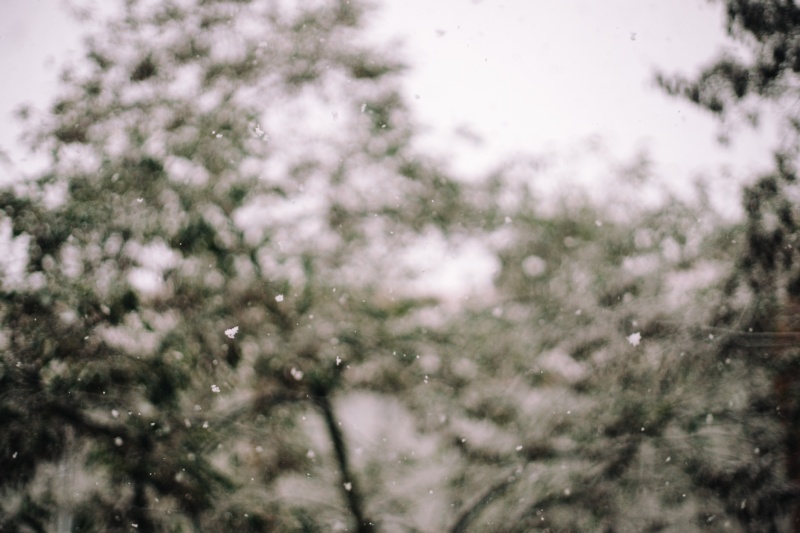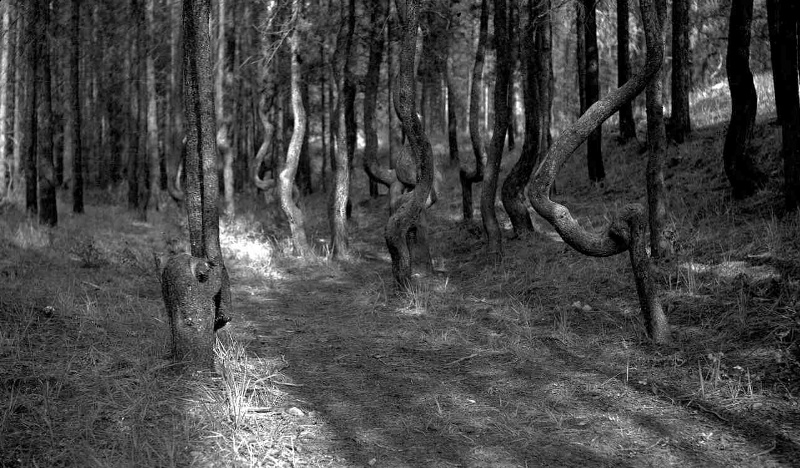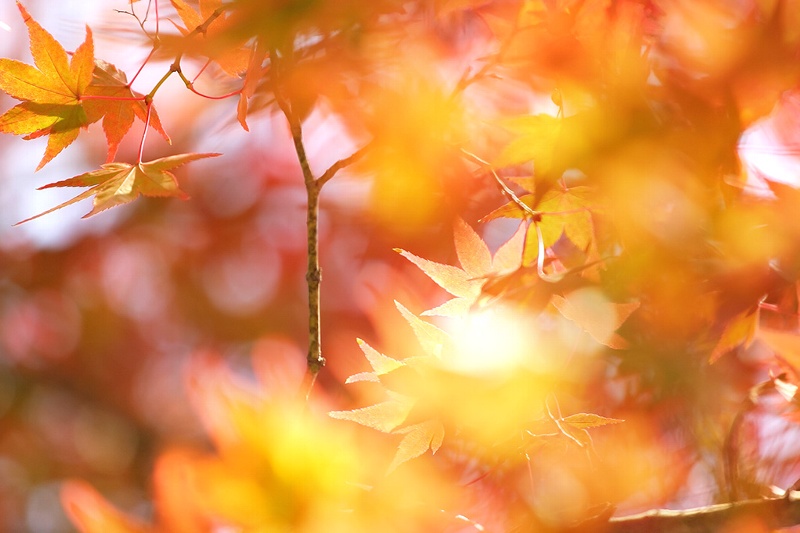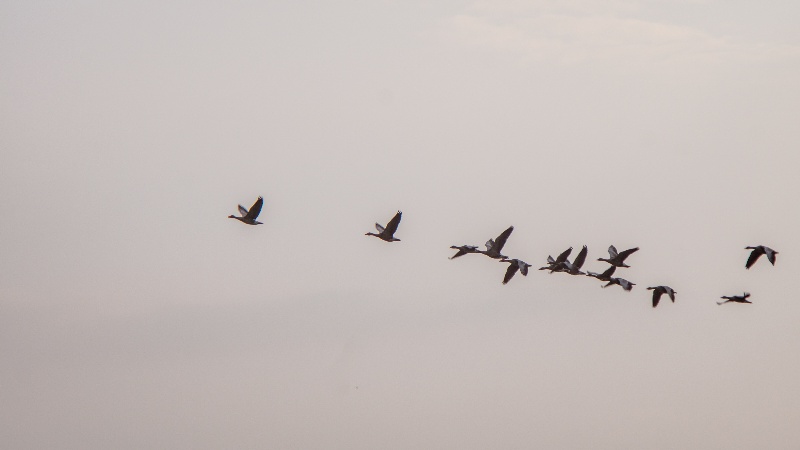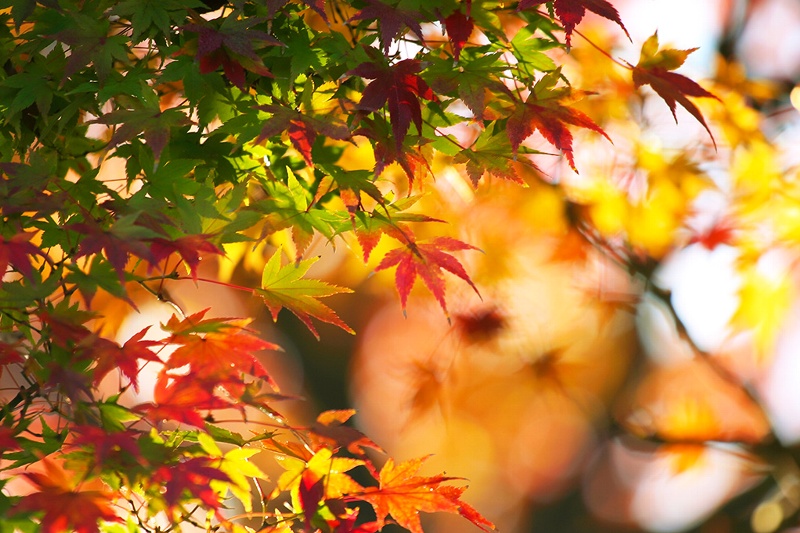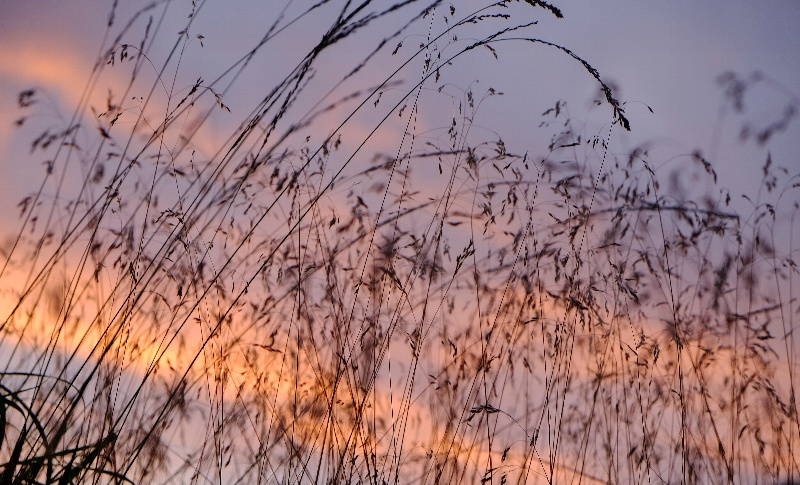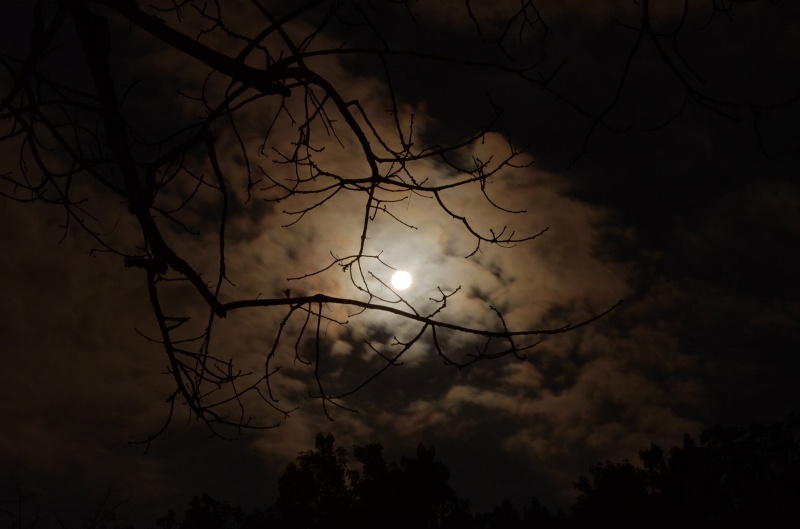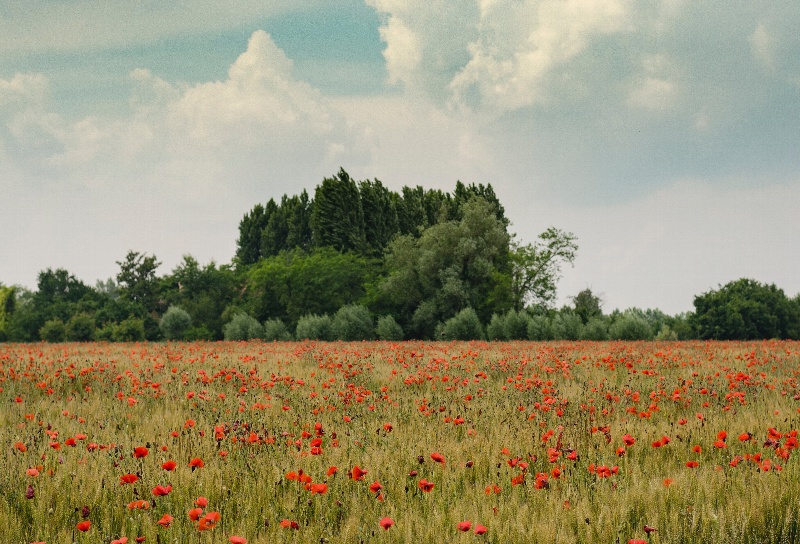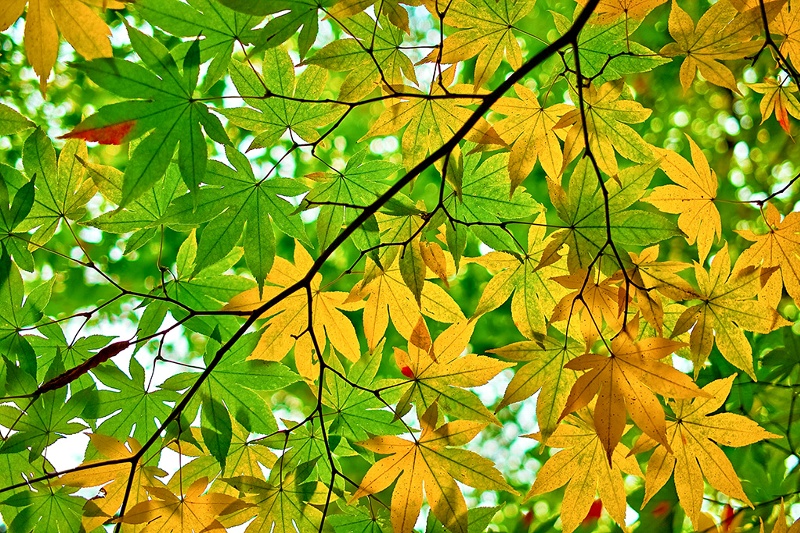Here is another great modern Japanese poem. This poem, by Saisei Muro (1889-1962), is from his anthology called “The Lyrical Sketches”. This is also a poem on the concept of “Home” and expresses the pathos that strongly and continuously resonates with many Japanese people. Saisei Muro left his hometown with literary aspirations for Tokyo, where he had a hard time and eventually shuttled between Tokyo and his hometown. This poem was obviously written when he decided to leave his northen hometown, Kanazawa, for Tokyo.
今回も日本の優れた近代詩を紹介します。室生犀星の『抒情小曲集』からの一篇です。この詩もまた「Home」について語っており、また多くの日本人の心に今も強く響く哀愁を表現しているのです。文学を志して上京した室生犀星ですが、東京では苦労も多く、故郷と東京を行き来するようになります。この詩はまさに北のふるさと金沢を離れ東京へ戻ろうという決意のもと詠まれています。
“Home” described here is again tied geographically to land and psychologically to loss. It is not until you are away from it that you can fully understand how significant your homeland is to you. Home starts to bear a more profound meaning when you lose it. In the last stanza he makes a decision to leave his hometown and go back to the big city. With his life driven pell-mell by the hustle and bustle of the city, his deep and desperate yearning for his hometown is something that he survives on.
ここで詠われている「ふるさと」とはやはり、地理的には土地に、心理的には喪失に結び付けられています。離れてみて初めて、母なる土地の大切さと重さを理解できるものであり、失ってみて、より深い意味を帯びてくるのです。最終連で、彼は再び故郷を離れ東京へと向かうことを決意するのですが、都会の喧騒に激しくさらされる生活のなかで、「ふるさと」への熱い想いを、生きる糧としたのです。
[EN]
Home is what you yearn for
When away from your home
Home is what you sing of
In a sad tone
You may sink into penury
On a foreign land
That’s the last place
You would return to
As the twilight comes on
And I’m all on my own
Nostalgia sweeps over
And I feel tears well in my eyes
With my longing at heart
I’ll make another stay in the city
Far from home.
[JP]
ふるさとは遠きにありて思ふもの
そして悲しくうたふもの
よしや
うらぶれて異土の乞食となるとても
帰るところにあるまじや
ひとり都のゆふぐれに
ふるさとのおもひ涙ぐむ
そのこころもて
遠きみやこにかへらばや
遠きみやこにかへらばや
| Series: In Search of Home
Moon Palace: In Search of Home |
